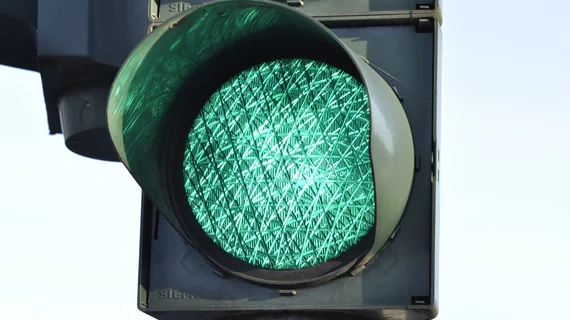Two technologies of interest to medical imagers, both imports from across the Atlantic, have become available to U.S. healthcare providers.
First, Liverpool, U.K.-based 3D LifePrints won the FDA’s nod for its EmbedMed cranio-maxillofacial platform.
This allows surgeons who deal with facial, skull and cranial disorders to plan, simulate and evaluate procedures using patient-specific models created from image scan data, according to an announcement the company sent earlier this month.
The models can be produced either as physical facsimiles or navigable digital files.
The company’s director of U.S. strategy, former NASA astronaut Scott Parazynski, MD, says the FDA approval marks the startup’s first step toward bringing its take on personalized surgery to the States.
3D LifePrints says it has set up shop at Texas Medical Center in Houston but plans to open sites in New York and California.
Parazynski adds that the Texas facility “enables our engagement with hospitals such as Houston Methodist and MD Anderson” and “will act as the blueprint for a nationwide rollout.”
Meanwhile Elekta of Stockholm, Sweden, has announced FDA’s OK of the newest iteration of the Leksell Gamma Knife radiosurgery platform, which Elekta has been marketing in the U.S. since the 1980s.
Called Elekta Esprit, the new model offers radiotherapists the option of using frameless or frame-based workflows, remote accessibility and tools to foster collaboration within multidisciplinary treatment teams, according to an announcement sent Oct. 28.
The machine is mostly used to kill brain tumors but can also treat arteriovenous malformations, trigeminal neuralgia, vestibular schwannoma and other conditions, the company says.
Elekta says the Esprit machine can target “the smallest and most challenging intracranial tumors and lesions with minimal effect on healthy tissue. This vital precision safeguards motor, sensory and neurocognitive function to help protect the mind and the person.”

